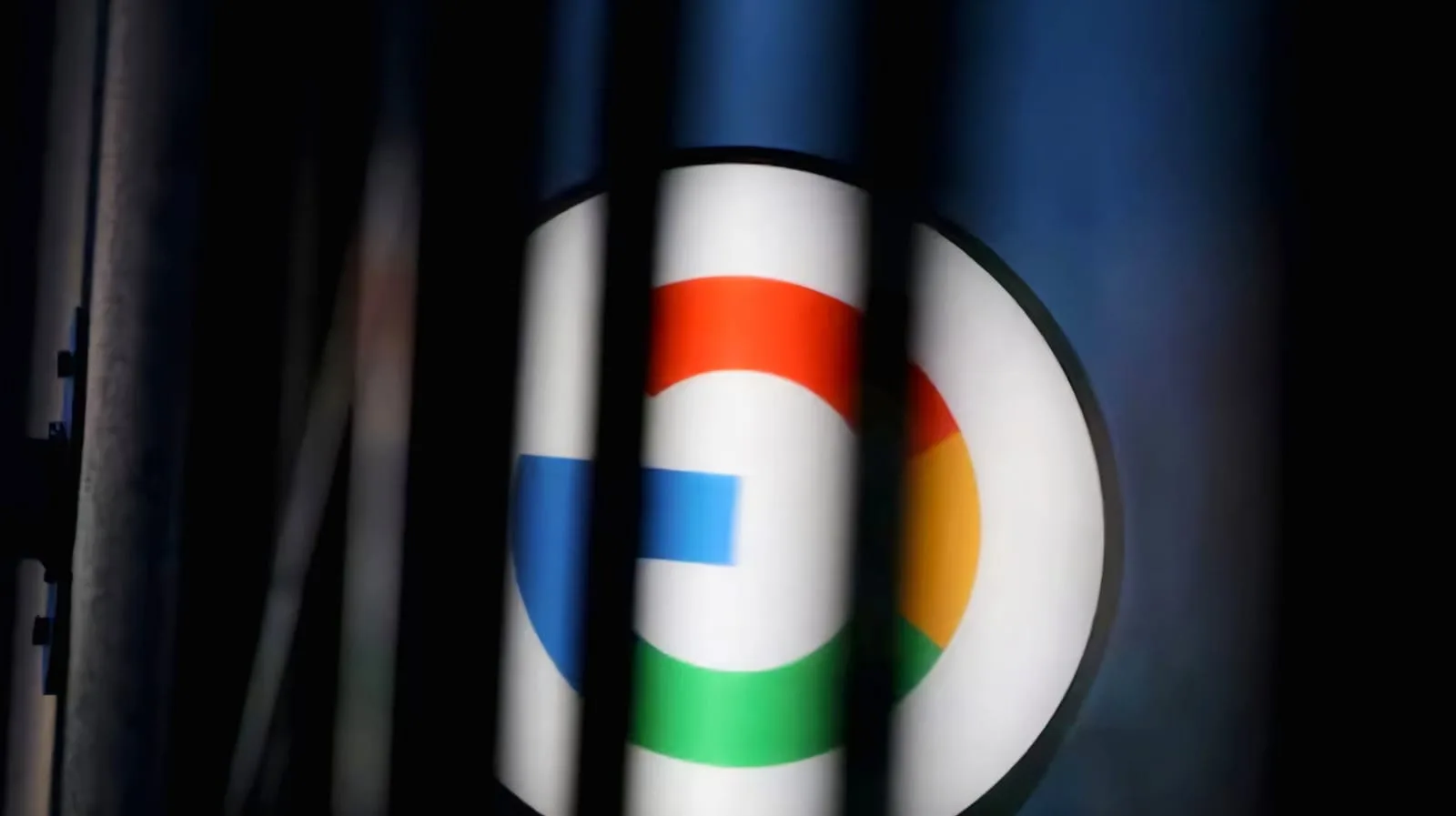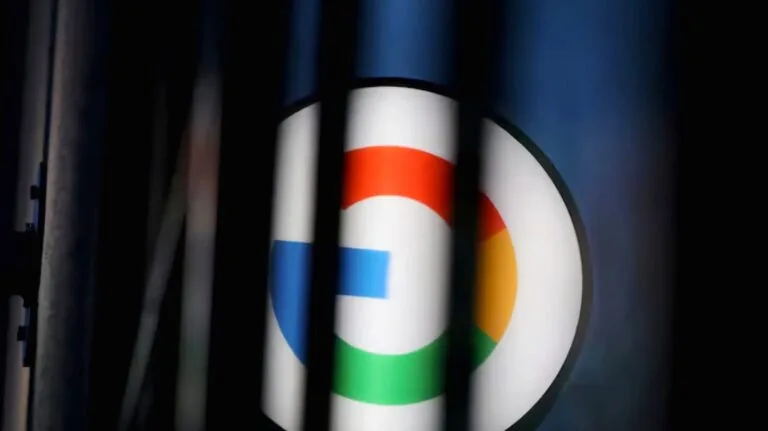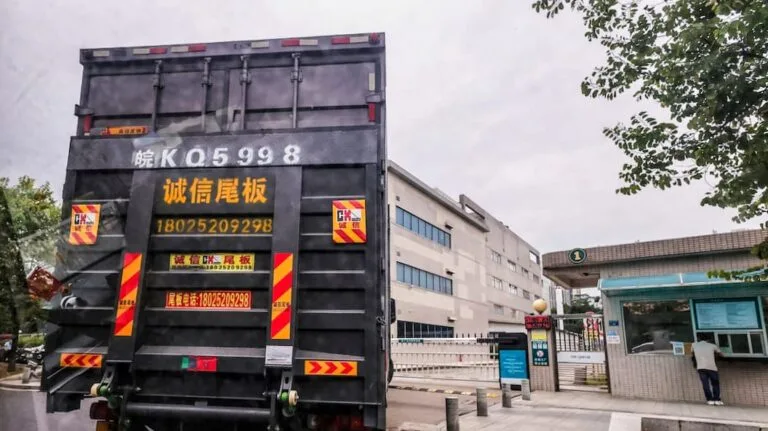
A sample scam message where fraudsters impersonate gov.sg to trick users.
Government fraud Singapore is a common problem, and scammers pose as government officials. They scare people into demanding money This problem is growing rapidly in Singapore. Scammers send messages using names like gov.sg that appear to be genuine government IDs. However, they are fake. People are confused and transfer money Apple’s iMessage and Google’s Messages apps are vulnerable, as they don’t verify gov.sg IDs This system has been in place for SMS since July 2024, but messaging apps have a flaw. Scammers exploit this, leading the Singapore government to halt it The Ministry of Home Affairs (MHA) and the Infocomm Media Development Authority (IMDA) issued the order.
Key Points of the Order on Government fraud Singapore
The order is simple but strict. Apple and Google have until November 30, 2025, to make the changes They will monitor accounts and group chats to ensure that any names imitating “gov.sg” or other government agencies will not be accepted Messages with such names will be blocked or hidden. Profile names of unknown senders will not be visible. Phone numbers will be more prominent, making them easier to identify. This change will apply to iMessage and Google Messages. Companies will implement technical filters to detect scam messages. The MHA stated, “This step is necessary for public safety.” IMDA added, “This order comes under the Online Criminal Harms Act (OCHA) OCHA comes into effect from February 2024. This law prevents online crime and holds platforms accountable.
The Growing Threat of Scams in Singapore
Singapore is a developed country, but scams are a problem here too In the first six months of 2025, 1,762 cases of government scams were reported, compared to just 589 in the first six months of 2024. That’s a 199% increase, and the loss is S$126.5 million. 90% more than last year’s S$67.2 million These figures are alarming. Police released a mid-year report. It stated that most victims are under 50 years of age. However, cases among the elderly also increased. The elderly suffer higher losses per capita. Scammers have become smarter. They use apps like WhatsApp and iMessage. To take one example, a scammer sends a message saying, “Your tax is due then pay immediately. They panic and share bank details. Or they mention an agency like SingPost, leading to over 120 such cases. The Singapore Police Force (SPF) warned.
How Scams Work on Government fraud Singapore
Scammers are clever. They create messages that look like the real thing They use the “gov.sg” name, but then join a group chat and say, “Your package is stuck.” Pay a fee.” People would believe it. They would click on the link. Or send money The problem with iMessage is also bigger. It’s end-to-end encrypted, but there’s no name verification The same applies to Google Messages, which has been in the gov.sg system for SMS since July 2024. Scams decreased there, but not in apps. Scammers would hide phone numbers and change names. Then, the SPF issued an alert in October 2025. Scams impersonating police officers increased. Scammers would call and say You’re a suspect. Please cooperate People would get caught. Organizations like Tookitaki reported 13 such cases since September 2025.
Tech Companies’ Response
Apple and Google promised cooperation. Both companies are American, but the Singapore market is important. They will comply with OCHA, which Apple said, “We will implement security improvements Google added, “Download updates Also, in September 2025, Meta received a similar order. Facebook had to remove scam content. The fine? Up to $1 million. The Singapore government is strict on non-compliance It holds platforms accountable, and it highlights the importance of the OCHA Act, which is Singapore’s new weapon, effective February 2024 It prevents online harm and covers scams, fake news, and cyberbullying. Platforms are required to take proactive action. The MHA stated This law protects people, which was originally focused on SMS scams. Now, orders may apply to messaging apps, and in the future, to more apps. Singapore is a leader in Asia and is becoming a model for digital security.
Implications for the Public
This order will benefit people. Messages will now appear secure. Unknown names will be hidden but phone numbers will be visible People will be vigilant. However, awareness is essential. The SPF advised: Stay updated. Ignore suspicious messages. Elderly people are at greater risk. Family members should educate them Download the ScamShield app, which provides scam alerts. Total losses from scams in Singapore in 2025 exceed $500 million Government counterfeiters are the second-largest, and future plans are in place. However, the government is not stopping. Keeping an eye on other platforms, including WhatsApp and Telegram International cooperation will increase, learning from the US and Europe Using AI to detect scams, which the MHA stated will be monitored continuously, and IMDA will develop new technology. Aim to reduce scams by 50% by 2026.”






